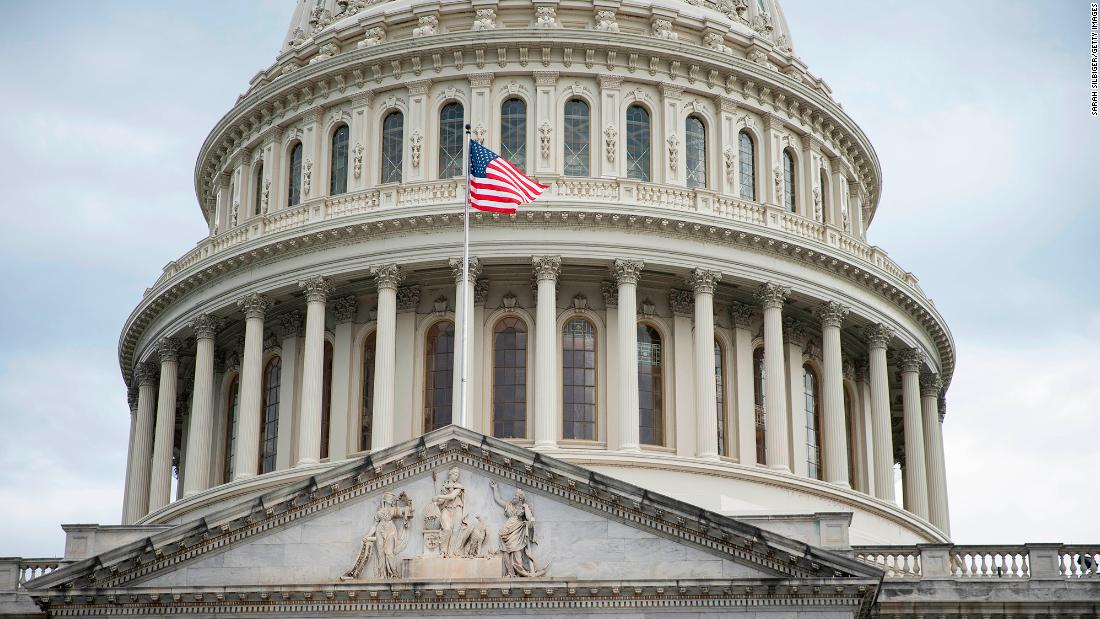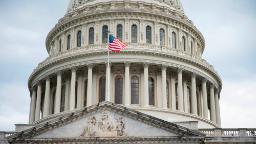

While Republican female candidates broke records in all three kinds of contests, the number of Democratic women running for office did not exceed prior years’ totals.
Chelsea Hill, data services manager at CAWP, said Tuesday this disparity more likely reflects “partisan trends,” with fewer Democratic candidates and more Republicans running overall, instead of a cause relating specifically to women.
Women of traditionally underrepresented racial and ethnic backgrounds also broke records in candidate numbers this year, according to CAWP’s analysis.
Black women have set record numbers for candidates in gubernatorial, senate and House races in this cycle. There are also a record number of Latina/Hispanic gubernatorial and US House candidates, and a record number of Asian/Pacific Islander women are running for governor.
As women running for office in the 2022 election cycle have set several records, themes of gender have become more pronounced in the national discourse.
With the Supreme Court’s recent decision which overturned Roe v. Wade eliminating a federal right to abortion, reproductive rights have drawn renewed attention from both candidates and voters. Kelly Dittmar, director of research for CAWP, told reporters Tuesday that both pro-abortion and anti-abortion female candidates are claiming their personal experiences give them a better understanding of the debate.
Beyond reproductive rights issues, other gender themes have also been key in campaign strategy and messaging.
Motherhood as a credential has been a common trope in 2022 advertisements, according to Dittmar, with candidates like “Mom on a Mission” Heidi Ganahl, the Republican nominee for Colorado governor, and Arkansas Governor GOP nominee Sarah Huckabee Sanders citing their experiences raising their children as an asset.
A return to stereotypically male themes has also been apparent in races with male candidates, according to Dittmar who pointed to gun-toting ads by Republicans like Missouri Senate candidate Eric Greitens and Ohio House candidate J.R. Majewski looking to fulfill “masculine demand.”
“We’re seeing gendered and racialized images and messages from both men and women candidates,” Dittmar said. “Some of the things we’re watching in this regard are efforts to align with masculine preferences of a Trump base of Republicans.”
